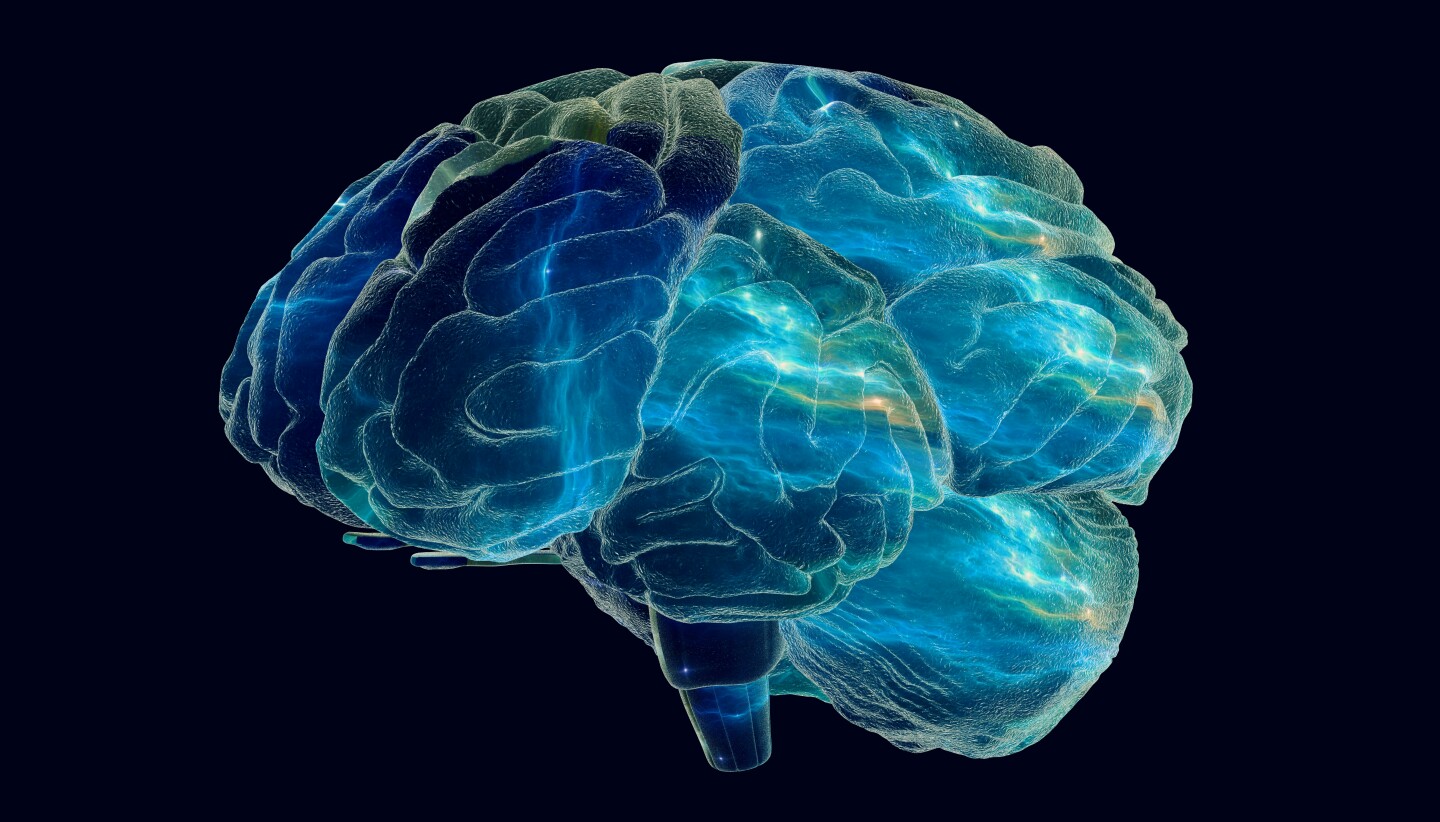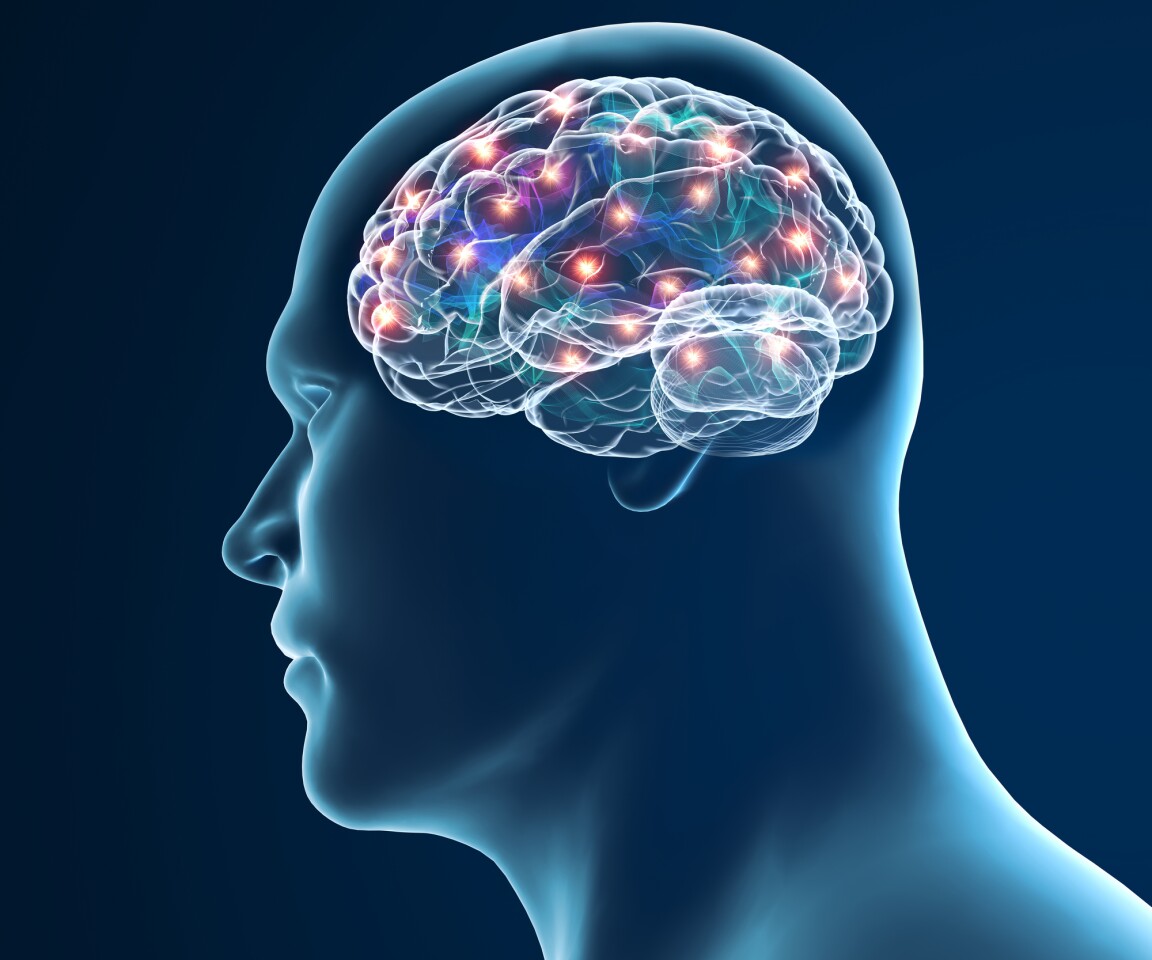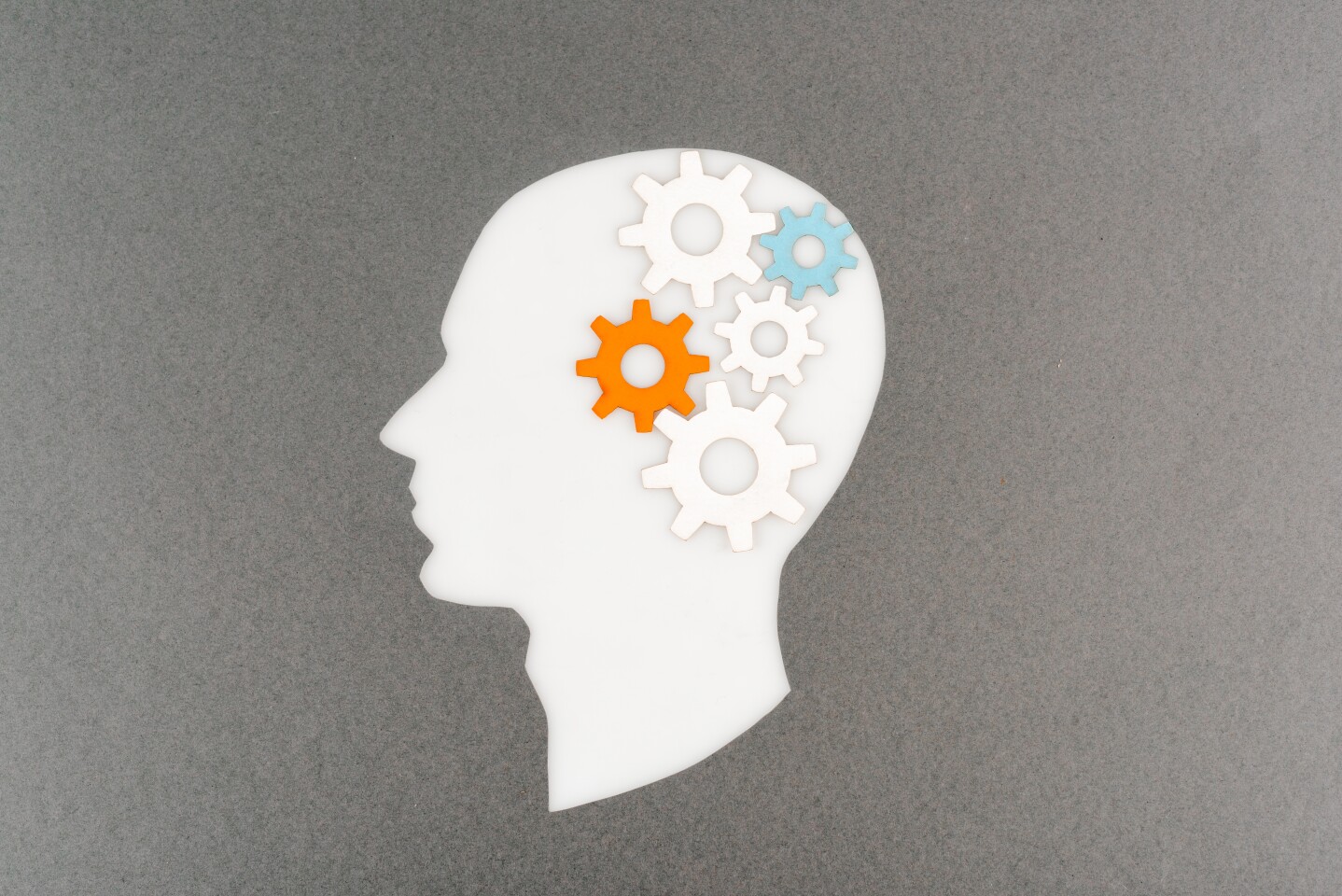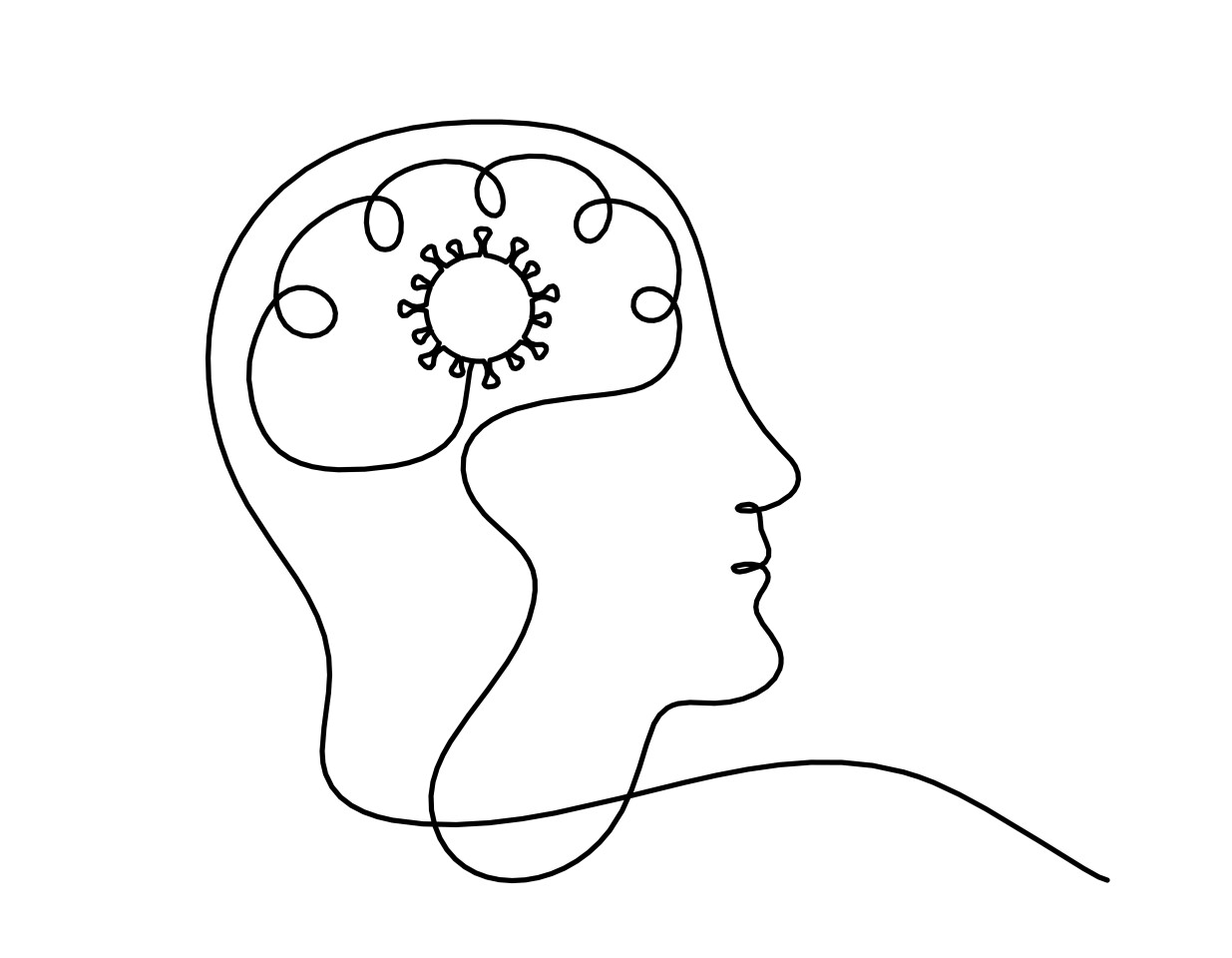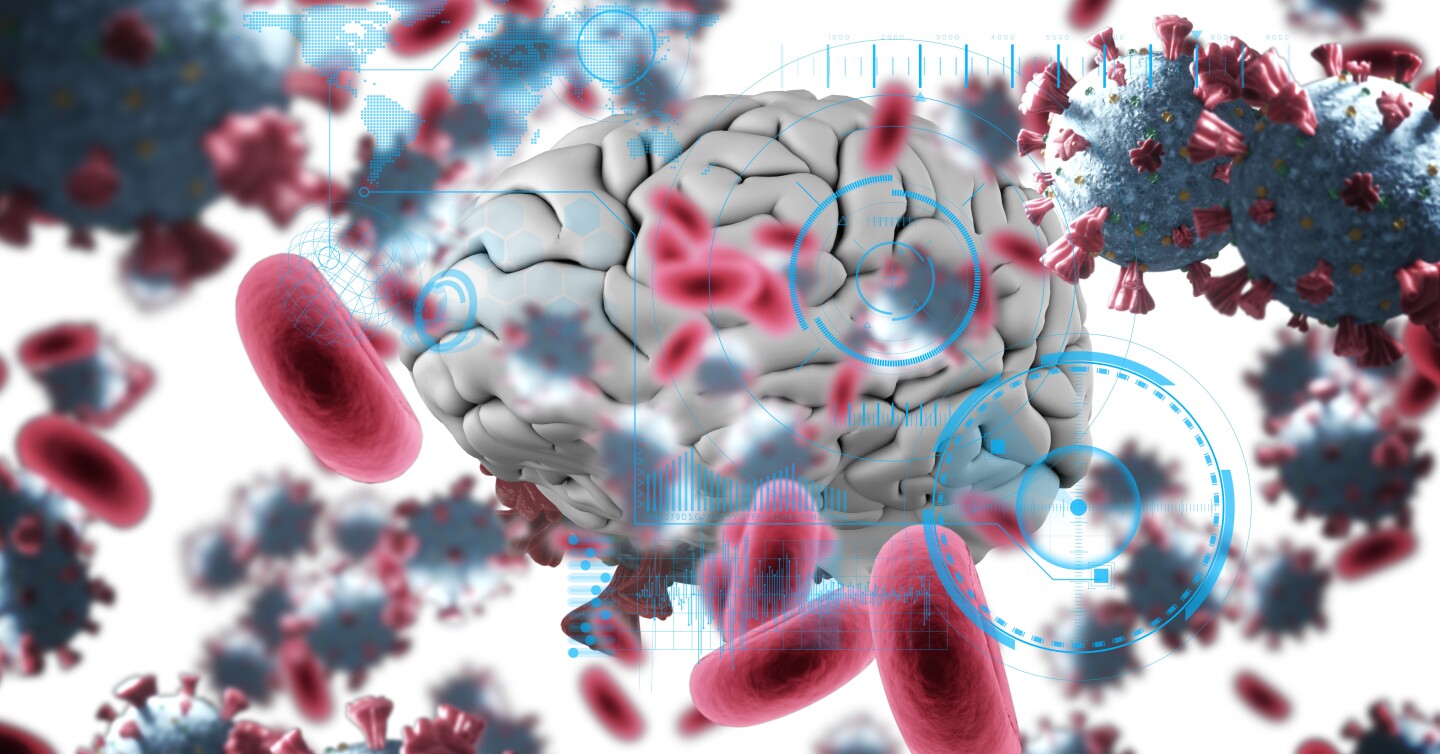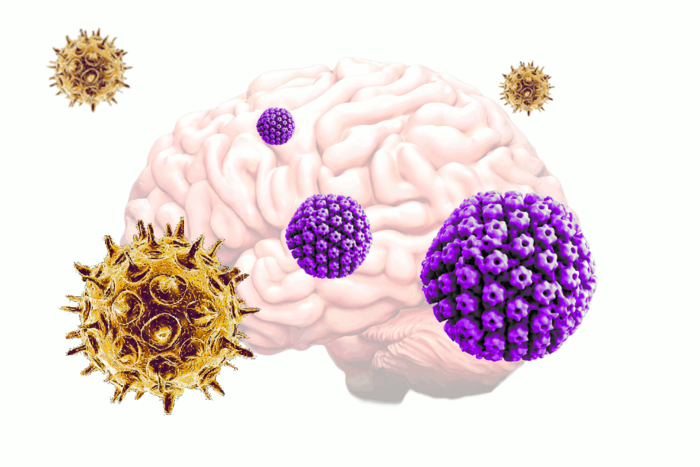Don’t worry – Picking your nose doesn’t cause Alzheimer’s disease

It’s been a rough week for nose-pickers around the world, with a torrent of news headlines loudly declaring “scary evidence” has been found showing Alzheimer’s disease is linked with a bit of finger-based nasal exploration. Turns out this link comes from a deeply speculative press release and, according to several neuroscientists New Atlas contacted, is “extremely unlikely.”
Category: Health & Wellbeing, Lifestyle
Tags: Alzheimer’s Disease, Dementia, Brain, Infections, Bacteria
Continue reading Don’t worry – Picking your nose doesn’t cause Alzheimer’s disease
